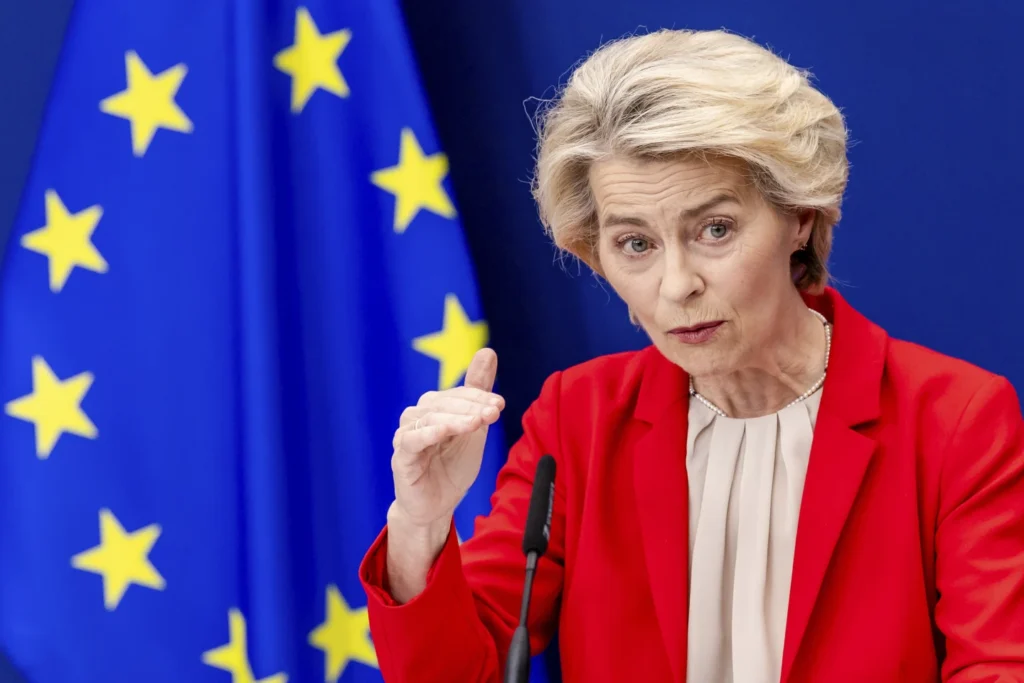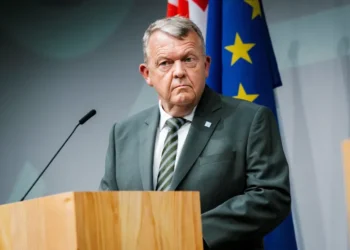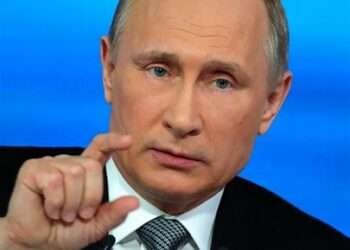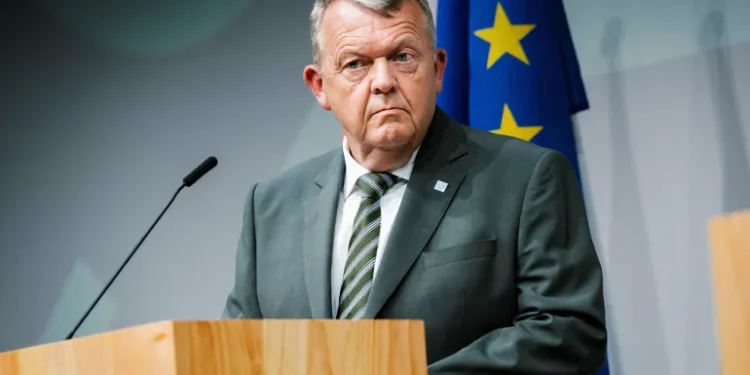The EU Commission has signed off on a major trade deal with South American bloc, Mercosur.
Separately, the Commission also approved off on a trade deal with Mexico. According to the Commission, these landmark deals form a critical part of the EU’s strategy to diversify its trade relations and strengthen economic and political ties with like-minded partners around the world.
Talks with Mercosur began in 1999 and have stalled several times. The Mercosur bloc encompasses Brazil, Argentina, Bolivia, Paraguay and Uruguay.
The agreement would see Mercosur members progressively remove tariffs on 91% of EU imports, including cars, machinery and pharmaceuticals.
In turn, the five South American countries would be able to sell agricultural goods to the EU with fewer restrictions.
The agricultural sector in EU countries has often voiced opposition to the deal, arguing they would be exposed to unfair competition from abroad.
On Wednesday, French government spokeswoman Sophie Primas said the commission had “heard the reservations” of several countries.
France is a major agricultural producer within the EU that has often expressed reservations on the Mercosur agreement.
In July, Mercosur signed a trade deal with the European Free Trade Association (EFTA), which is made up of Switzerland, Norway, Liechtenstein and Iceland, all of which maintain strong trade ties to EU states but are not members of the bloc.
In its statement, the Commission stressed the potential economic benefits to the bloc.
The Commission said that “full and comprehensive protection for all EU sensitivities in the agricultural sector” and sensitive products will be further shielded from “any harmful surge in imports” by “robust safeguards.”
As for the deal with Mexico, the Commission stressed that the country is “the EU’s longest standing trading partners and second biggest trading partner in Latin America” and pointed to the fact that it is a “a net food importing country, therefore the agreement will strongly benefit EU agriculture exporters.”
The modernised EU-Mexico agreement will remove the remaining prohibitive tariffs on EU agri-food exports to Mexico, such as cheese, poultry, pork, pasta, apples, jams as well as chocolate and wine. Removing these tariffs, which currently go up to 100% on certain EU exports, will make EU agricultural products much more competitive in Mexico.
Furthermore, simpler procedures will make it quicker an cheaper for agri-food exporters to sell their product on the Mexican market. The deal also expands protection from imitation to 568 iconic traditional high-quality European food and drink products (Geographical Indications).
The modernised agreement will provide crucially important access to critical raw materials, thus benefiting strategic industries in Europe, Mexico being a top provider of fluorspar (used in a wide variety of chemical, steelmaking and ceramic processes), bismuth (used for pharmaceuticals and cosmetics) and antimony (used, for example, flame retardant, lead-acid batteries, glass and ceramics).
The modernised agreement will also reinforce engagement on sustainable development, crime, migration, and gender equality. It promotes and protects human rights, multilateralism, and security, and facilitates strategic cooperation on key issues like de-risking supply chains, securing critical raw materials, and tackling climate change.
Nonetheless, the deal with Mercosur as well as the one with Mexico require separate approval by the European Parliament and Member States before they each can enter into force. The Commission proposals for conclusion and signature include two parallel legal instruments for each agreement.
European Commission President Hails Deals With Mercosur, Mexico As Milestones

European Commission President, Ursula von der Leyen, said, “Our agreements with Mercosur and Mexico are important milestones for the EU’s economic future.”
“We are continuing to diversify our trade, foster new partnerships and create new business opportunities.
“EU businesses and the EU agri-food sector will immediately reap the benefits of lower tariffs and lower costs, contributing to economic growth and job creation.”
Ursula von der Leyen
She asserted that the EU is already the world’s biggest trading block, and these agreements will cement that position.
READ ALSO: GhIPSS Welcomes New CEO to Lead Digital Finance Transformation























